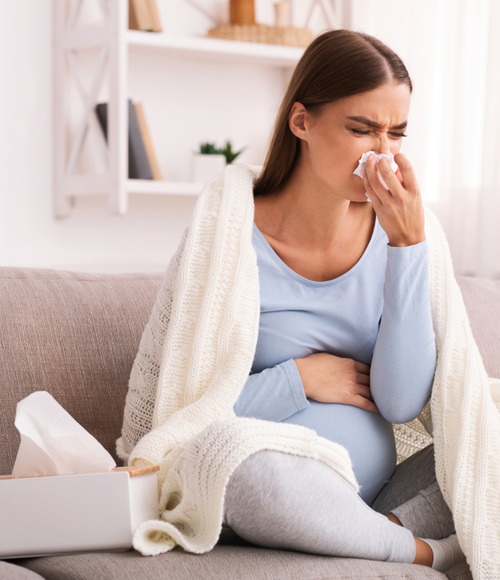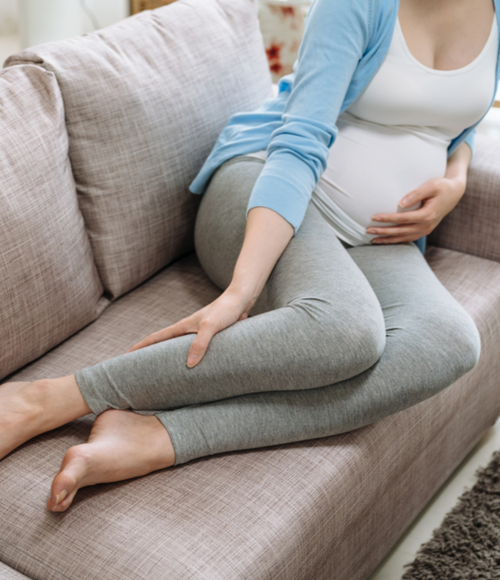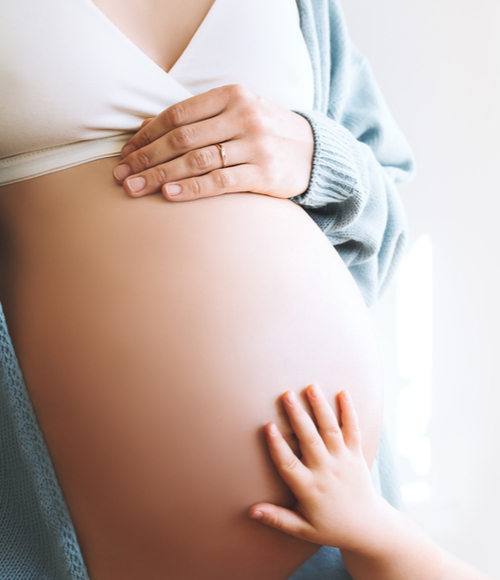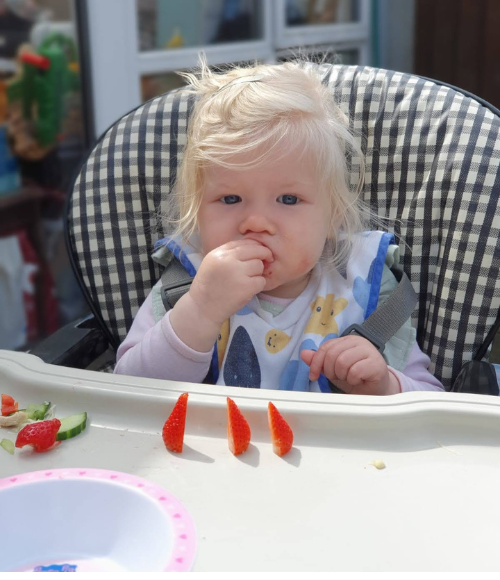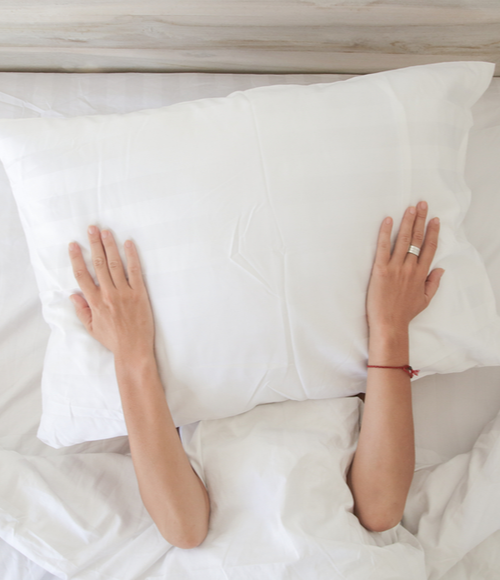Immune Boosting Nutrition
During pregnancy a woman’s immune system adapts in order to protect mother and baby from internal and external threats to health and wellbeing. It is essential that we all abide by general rules of hygiene (e.g. frequent hand washing) to prevent the spread of viruses but you may be interested to know that there are also a number of key vitamins and minerals which can help your body to maintain and support its own natural defence system.
Immune Boosting Nutrients:
Vitamin C
Is widely recognised to help fight infection. It’s the one that everyone knows about and makes us all reach for oranges as soon as cold/flu season hits!
Good food sources include:
- citrus fruits
- berries
- bell peppers
Vitamin D
Is understood to enhance and stimulate the antiviral properties of your immune cells.
Most people living in the UK struggle to get enough vitamin D, especially through October-March, due to lack of sunlight. You can increase your levels by including foods such as:
- oily fish (e.g. salmon, sardines, herring and mackerel)
- red meat
- liver
- egg yolks
- fortified foods
However, the NHS recommends that adults (including during pregnancy and breastfeeding) take a daily supplement of 10 micrograms (µg) during the winter months.
Vitamin A
Is involved in developing and maintaining the immune system and has anti-inflammatory properties.
Good food sources include:
- cheese
- eggs
- oily fish
- fortified spreads
- milk and yoghurt
- liver and liver products such as liver pâté
- Caution: liver is a particularly rich source of vitamin A and in order to avoid excess levels should not be consumed more than once per week. This is particularly important during pregnancy when advice is to avoid liver products altogether.
As an alternative, or top-up option, you can include good sources of beta-carotene in your diet as your body can convert this into vitamin A:
- yellow, orange and red vegetables (e.g. carrots, sweet potatoes and bell peppers)
- green leafy vegetables (e.g. spinach)
- yellow fruit (e.g. mango, papaya and apricots)
Zinc
Plays a key role in immune function and is understood to have antiviral properties by interfering with a virus’ ability to take hold.
Good food sources include:
- meat
- shellfish
- chickpeas
- lentils
- pumpkin and sesame seeds
Selenium
Studies have shown that a deficiency in selenium can increase your susceptibility to viruses. You can help optimise your levels by including foods such as:
- brazil nuts
- oats
- fish
- white meat (e.g. chicken, turkey)
In addition to nutrition support, there are lifestyle factors that can also contribute to the functionality of our immune system. Primarily I’m talking about sleep and physical activity.
Sleep
There is a reason why, as soon as we feel unwell, we take to our beds to rest and recover. Ensuring we get sufficient sleep (6-9 hours per night) is one of the best ways to give our body the energy resources it needs to fight infection. While we sleep, our bodies go into recovery mode and allow us to wake up the next day ready to take whatever life throws at us. Continual sleep deprivation, on the other hand, can make us more susceptible to catching a virus/infection as well as inhibit our ability to fight against it.
Physical Activity
While being active may be the last thing we feel like doing when we are unwell, it is an important factor in helping to prevent illness as well as for recovery. I’m not talking about going for a marathon run every day; as excessive exercise can cause our bodies additional stress which depletes our energy and immune system. Instead, I’m referring to some moderate exercise (that raises your heart rate) a few times per week which could be anything from a brisk walk outside (optimal for vitamin D, as mentioned above) to fitness classes, yoga, swimming…. Such moderate exercise is considered a ‘minor stress’ on our body which makes it more adaptable and helps us to fight infection when it does come along.
REFERENCES
Bartholomew, Rachel (2020) Supporting You with a Better Understanding of Coronavirus & Empowering You With Information on Immune Health.
Available at: https://www.nutriadvanced.co.uk/news/supporting-you-with-a-better-understanding-of-coronavirus-empowering-you-with-information-on-immune-health/
(Accessed: 12 March 2020).
Besedovsky, L., Lange, T., & Haack, M. (2019). ‘The Sleep-Immune Crosstalk in Health and Disease’. Physiological reviews, 99(3), 1325–1380. https://doi.org/10.1152/physrev.00010.2018
(Accessed: 18 March 2020).
NHS (2019) Exercise.
Available at: https://www.nhs.uk/live-well/exercise/
(Accessed: 18 March 2020).
NHS (2019) Sleep & Tiredness.
Available at: https://www.nhs.uk/live-well/sleep-and-tiredness/how-to-get-to-sleep/
(Accessed: 18 March 2020).
NHS (2017) Others: Vitamins and Minerals.
Available at: https://www.nhs.uk/conditions/vitamins-and-minerals/others/
(Accessed: 12 March 2020).
NHS (2017) Vitamin A.
Available at: https://www.nhs.uk/conditions/vitamins-and-minerals/vitamin-a/
(Accessed: 12 March 2020).
NHS (2017) Vitamin C.
Available at: https://www.nhs.uk/conditions/vitamins-and-minerals/vitamin-c/
(Accessed: 12 March 2020).
NHS (2017) Vitamin D.
Available at: https://www.nhs.uk/conditions/vitamins-and-minerals/vitamin-d/
(Accessed: 12 March 2020).
Nutri-Link (2020) Nutritional Support for Immunity Against Viruses Including the Coronavirus.
Available at: https://www.nutri-link.co.uk/2020/03/11/nutritional-support-for-immunity-against-viruses-including-the-coronavirus/
(Accessed 12 March 2020).
Racicot, K. et al. (2014) ‘Understanding the complexity of the immune system during pregnancy’, American Journal of Reproductive Immunology. doi: 10.1111/aji.12289.
Sharif, K. et al. (2018) ‘Physical activity and autoimmune diseases: Get moving and manage the disease’, Autoimmunity Reviews,17(1), pp.53-72, https://doi.org/10.1016/j.autrev.2017.11.010
(Accessed: 18 March 2020).

